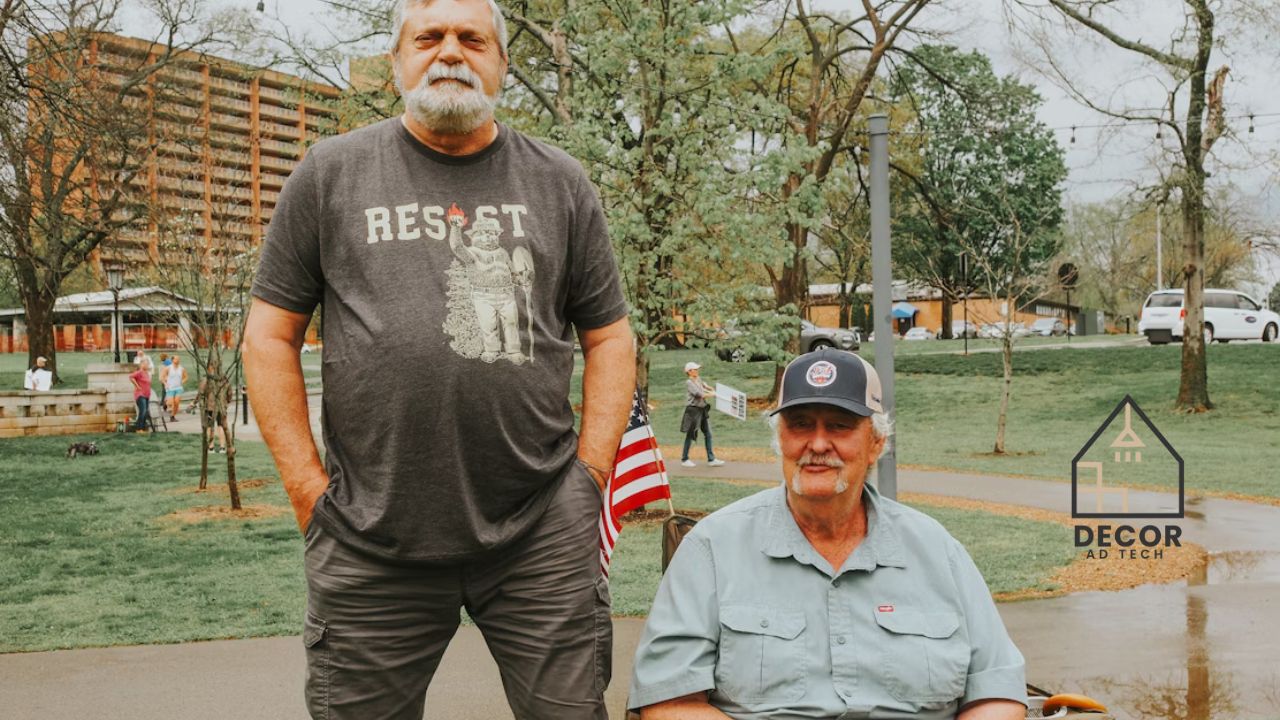For veterans returning from service, the transition to civilian life is rarely easy. The emotional and physical toll of military duty, combined with the challenges of reintegration, can make stability feel out of reach. When substance use is added to the mix, the need for solid ground becomes even more critical. One of the most powerful and under-recognized pillars in this recovery journey is safe, stable housing.
Why Housing Matters in Recovery
Sobriety is not just about abstaining from substances; it’s about rebuilding a life that supports long-term wellness. For veterans in recovery, that means having a safe place to rest, reflect, and regain control. Without stable housing, the chaos of survival takes priority over healing. Access to shelter, especially one designed to accommodate recovery needs, creates the mental space necessary for veterans to focus on treatment, therapy, and personal growth.
Housing can also provide continuity. Veterans who are cycling through temporary shelters, treatment centers, or unstable living arrangements often lack the consistency needed for lasting recovery. When housing is secure, it allows other aspects of life, such as employment, education, and relationships, to stabilize as well. This ripple effect can be transformative, leading to more sustainable, long-term outcomes.
The Housing-Sobriety Connection
Research consistently shows that access to secure, long-term housing improves recovery outcomes. Veterans who have stable housing are more likely to attend recovery programs, follow through with healthcare, and build support networks. When someone isn’t worried about where they’re sleeping next, they’re free to focus on their future.
Programs that combine stable housing with supportive services can be a lifeline for veterans navigating post-service life, offering both structure and dignity during a vulnerable transition. By integrating housing assistance with case management and health services, these solutions help create a foundation for lasting change.
Structure as Sanctuary
Many veterans thrive in environments that offer structure. After years in a system built on routine and chain of command, the open-ended chaos of civilian life can be disorienting. Safe housing with built-in routines, peer accountability, and clear boundaries helps bridge that gap. Recovery housing, sober living communities, or programs that pair housing with job training and therapy provide more than a roof; they recreate a sense of purpose and belonging.
These structured environments often incorporate peer mentorship and support groups that mirror the camaraderie veterans are familiar with. Knowing that others in the home share similar struggles creates a built-in accountability system, which can significantly reduce the risk of relapse. It also allows veterans to practice healthy communication, conflict resolution, and boundary-setting in real time.
Rebuilding Through Reflection
Sobriety is often accompanied by moments of intense self-examination. For veterans who may be processing trauma, guilt, or loss, reflection becomes a daily practice in resilience. That’s where spiritual or philosophical tools can become anchors. For many, daily meditations inspired by AA daily reflections provide consistent, compassionate guidance for those navigating the complex layers of recovery.
These daily meditations aren’t just words; they’re moments of calm in the emotional storm, reminders that healing doesn’t happen all at once. When paired with the security of safe housing, they help veterans find inner stability that mirrors the external support around them.
Reflection also creates space for veterans to reconnect with themselves. After years of living in survival mode, either on the battlefield or through the grips of addiction, quiet moments of introspection allow for healing and personal rediscovery. This internal work is as essential to recovery as any therapy session or 12-step meeting.
Community, Not Isolation
Sobriety can be lonely, especially if former social circles revolved around substance use. Housing solutions that encourage community can counteract this isolation. Whether it’s group housing for veterans, recovery-based community centers, or simply a neighborhood that feels safe and welcoming, human connection is a powerful deterrent to relapse.
Programs that offer housing alongside community support empower veterans to lean on each other, share stories, and build trust. These aren’t just homes, they’re healing ecosystems.
Additionally, strong communities help veterans reintegrate into society with greater ease. Opportunities to volunteer, engage in recreational activities, or join local support groups help create meaningful connections outside the recovery bubble. Feeling part of something larger can be a powerful motivator to stay sober and continue progressing.
Looking Ahead
While therapy, medical care, and spiritual practice are vital components of sobriety, they can only thrive when rooted in safety. Safe housing provides that foundation. It’s not just where recovery happens, it’s how veterans maintain their recovery.
Policymakers, support organizations, and community leaders must continue investing in and expanding housing solutions tailored for veterans. The more access veterans have to stable, recovery-oriented homes, the better their chances of long-term success.
For veterans navigating the complex landscape of sobriety, having a key to a front door is more than symbolic. It’s the beginning of a new chapter, one grounded in dignity, stability, and hope.
With the proper housing, healing becomes more than a possibility; it becomes a promise.
Admin Recommendation
How to Upgrade My Home Decoradtech
Decoradtech Smart Home Ideas by DecoratorAdvice
DecorAdTech Smart Home Ideas by DecoratorAdvice











